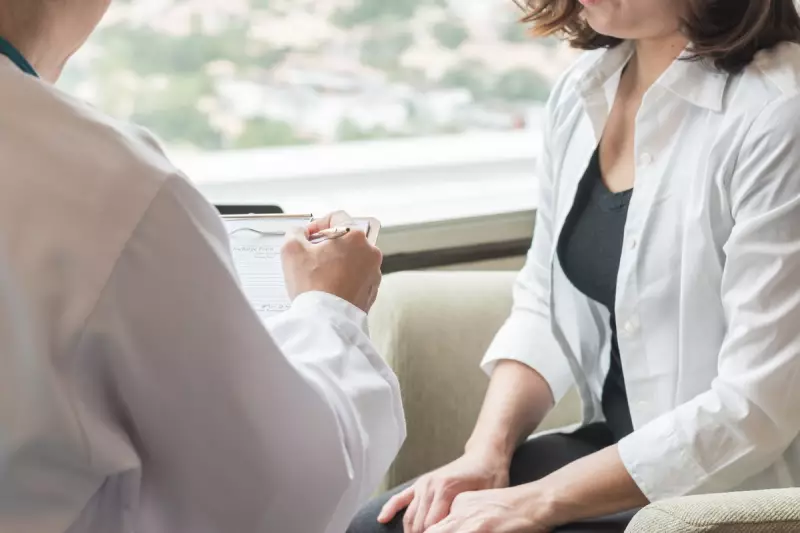
For millions of women across the UK, Polycystic Ovary Syndrome (PCOS) is often simplistically associated with fertility challenges. However, groundbreaking new research is shedding light on a far more debilitating and frequently ignored aspect of the condition: chronic and severe physical pain.
A comprehensive analysis has uncovered that a significant number of women with PCOS experience a heavy, dull ache in their lower abdomen, distinct from typical period pain. This pain can be constant, severely impacting daily life, mental wellbeing, and overall quality of life.
More Than Just Cysts: The Reality of Living with PCOS
The study, which consolidates data from thousands of patients, moves the conversation beyond irregular periods and ovarian cysts. It highlights a spectrum of under-discussed symptoms that many sufferers have long known but felt were dismissed by medical professionals.
Key symptoms now being recognised include:
- A persistent, heavy sensation or dull ache in the lower abdomen and pelvic region.
- Pain during or after sexual intercourse (dyspareunia).
- Discomfort and bloating that fluctuates throughout the menstrual cycle.
- Chronic lower back pain linked to the condition.
The Endometriosis Link and the Diagnostic Blind Spot
Researchers also found a startling comorbidity: women with PCOS have a four times higher risk of also having endometriosis, a condition infamous for causing excruciating pain. This overlap suggests a potential link between the two conditions that is poorly understood and often leads to misdiagnosis or a dangerous delay in getting appropriate treatment.
Many women report their pain being normalised or dismissed for years before receiving a definitive PCOS diagnosis, leaving them to suffer in silence without management strategies or validation.
A Call for Change in Women's Healthcare
The findings represent a crucial call to action for the NHS and healthcare providers. Experts are urging for:
- Greater Awareness: Training for GPs to better recognise the full range of PCOS symptoms, especially pain.
- Improved Patient Dialogue: Doctors are encouraged to proactively ask about pain and its impact.
- Holistic Treatment Plans: Moving beyond just managing fertility to address pain, mental health, and long-term wellbeing.
This new understanding promises a future where the millions of women living with PCOS feel heard, believed, and finally receive the comprehensive care they truly deserve.





